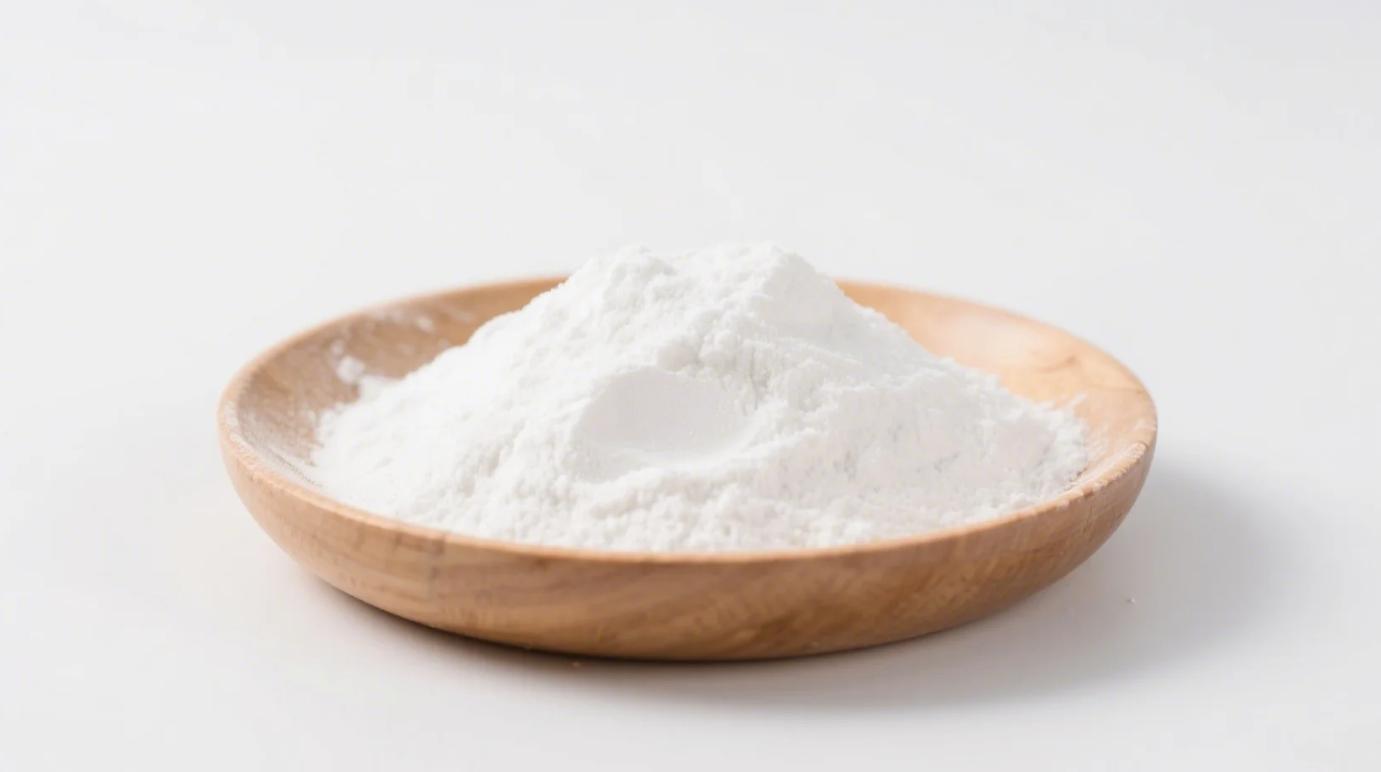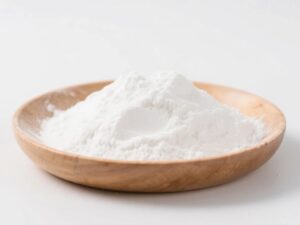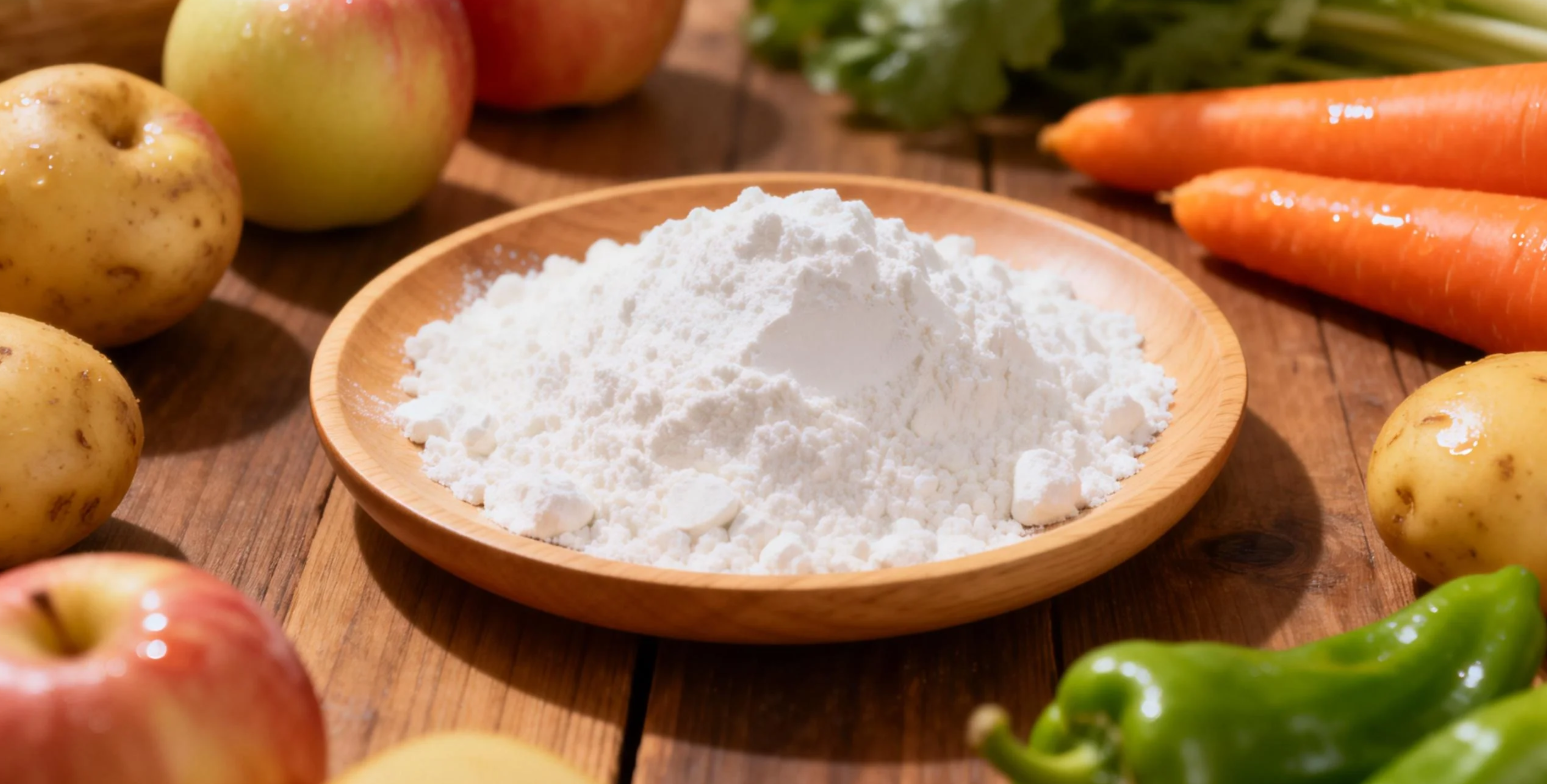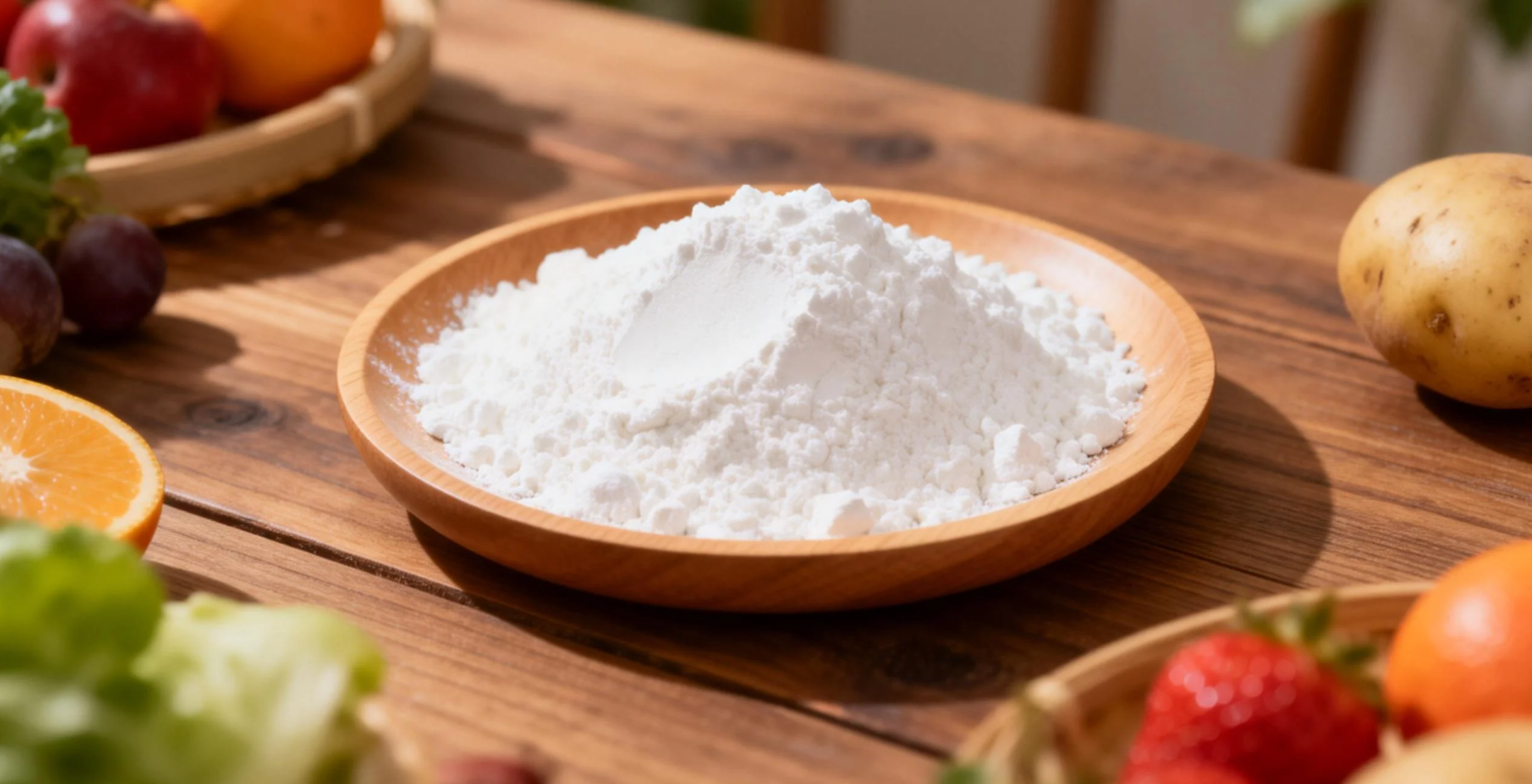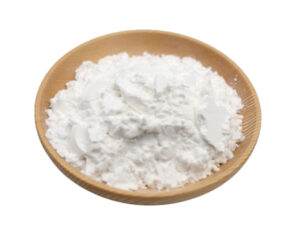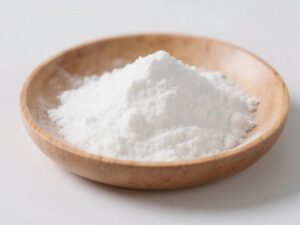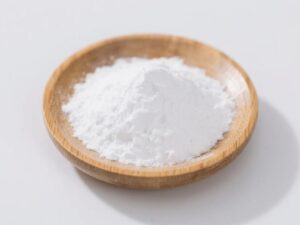Our certified organic potato starch powder is a refined, odorless, and flavor-neutral ingredient derived exclusively from organically grown potatoes. Processed without chemical modification, it serves as a versatile thickener, stabilizer, binder, and texturizer in a wide range of food applications—perfect for gluten-free, vegan, and allergen-sensitive formulations.
With its high swelling power, glossy finish, and freeze-thaw stability, organic potato starch outperforms many conventional starches in both performance and consumer appeal.
What Is Organic Potato Starch?
Potato starch is extracted from the tubers of Solanum tuberosum through a physical washing and separation process that preserves its native granular structure. Our organic potato starch powder is produced from non-GMO, certified organic potatoes grown without synthetic pesticides or fertilizers.
Unlike modified starches, this native starch remains unaltered—making it compliant with “clean label” standards and accepted in USDA Organic, EU Organic, and natural food certifications.
Key Functional Properties
- Neutral taste and odor—won’t mask delicate flavors
- High viscosity at low concentrations
- Excellent clarity and glossy sheen in sauces and fillings
- Good freeze-thaw stability for frozen foods
- Rapid gelatinization at relatively low temperatures (~60–70°C)
- Naturally gluten-free, allergen-free, and vegan
Specifications
| Parameter | Organic Potato Starch Powder |
|---|---|
| Appearance | Fine, white to off-white powder |
| Odor & Taste | Odorless, bland |
| Starch Content (Dry Basis) | ≥85% |
| Moisture Content | ≤20% |
| pH (10% slurry) | 5.0 – 7.0 |
| Ash Content | ≤0.4% |
| Protein (N × 6.25) | ≤0.3% |
| Fat Content | ≤0.1% |
| Whiteness (ISO 2470) | ≥90% |
| Particle Size | Passes through 100-mesh sieve (≥95%) |
| Shelf Life | 24 months (stored sealed in cool, dry conditions) |
| Heavy Metals (Maximum Limits) | |
| – Lead (Pb) | ≤0.1 mg/kg |
| – Arsenic (As) | ≤0.1 mg/kg |
| – Cadmium (Cd) | ≤0.05 mg/kg |
| – Mercury (Hg) | ≤0.01 mg/kg |
| Microbiological Criteria | |
| – Total Plate Count | ≤5,000 CFU/g |
| – Yeast & Mold | ≤100 CFU/g |
| – Escherichia coli | Absent in 10 g |
| – Salmonella spp. | Absent in 25 g |
| – Listeria monocytogenes | Absent in 25 g |
| Certifications | USDA Organic, EU Organic, Non-GMO Project Verified, Kosher, Halal (available), Gluten-Free Certified (<5 ppm), Allergen-Free (processed in dedicated facility) |
All testing performed in ISO 17025-accredited laboratories using AOAC, ISO, and AACC standard methods. Complies with FDA 21 CFR, EU Regulation (EC) No 1333/2008, and Codex Standard for Starches (CODEX STAN 193).
Applications
Organic potato starch is widely used across food categories due to its functional versatility:
- Sauces & Gravies: Provides smooth texture and glossy appearance without cloudiness
- Gluten-Free Baking: Improves crumb structure, moisture retention, and softness in breads and cakes
- Soups & Instant Mixes: Rapid thickening with cold-water dispersibility (when pre-gelatinized versions are used)
- Dairy Alternatives: Stabilizes plant-based yogurts and creams
- Frozen Foods: Resists syneresis during freeze-thaw cycles
- Meat & Plant-Based Analogues: Acts as a binder and moisture retainer
Note: Native potato starch is not heat-stable in prolonged high-temperature processing; consider usage conditions during formulation.
Why Choose Our Organic Potato Starch?
We source potatoes from certified organic farms committed to sustainable agriculture. Our production facility adheres to strict GMP and HACCP protocols, with dedicated lines to prevent cross-contact with gluten, soy, dairy, and other top allergens.
Every batch is accompanied by full documentation: Certificate of Analysis (CoA), Organic Certificate, Gluten-Free Statement, and SDS—ensuring seamless integration into your quality and compliance systems.
Available packaging: 25 kg multi-wall paper bags with food-grade PE liner, or bulk tote containers (500–1,000 kg).
FAQs
Q: How does Organic Potato Starch differ from corn starch or tapioca starch in functionality?
A: Organic Potato Starch generally offers higher thickening power and forms a more transparent gel than corn starch. It also has a more neutral flavor. Compared to tapioca starch, potato starch often provides a smoother, less stringy texture and can tolerate slightly higher processing temperatures before losing viscosity.
Q: Is Organic Potato Starch suitable for use in cold preparations?
A: Organic Potato Starch typically requires heat to fully hydrate and achieve its maximum thickening potential. While it can absorb some water in cold preparations, it won’t form a thick gel until heated. For cold applications, modified starches or specific pre-gelatinized starches are often preferred.
Q: What’s the typical shelf life and recommended storage for bulk quantities?
A: Our Organic Potato Starch typically has a shelf life of 24 months from the manufacturing date when stored in a cool, dry place (below 75°F / 24°C), away from direct sunlight and moisture, in its original sealed, airtight packaging. It is crucial to keep it sealed to prevent moisture absorption and caking.
Q: Is your Organic Potato Starch non-GMO?
A: Yes, as a certified organic product, our Organic Potato Starch is inherently Non-GMO, as it is derived from organically cultivated potatoes grown without genetically modified organisms.
Q: Can Organic Potato Starch be used as a gluten-free flour alternative?
A: While Organic Potato Starch is an excellent gluten-free thickener and binder, it’s not a direct 1:1 substitute for wheat flour in baking. It needs to be combined with other gluten-free flours (e.g., rice flour, tapioca flour) and gums (e.g., xanthan gum) to replicate the structure and texture of gluten-containing baked goods.
Packing

